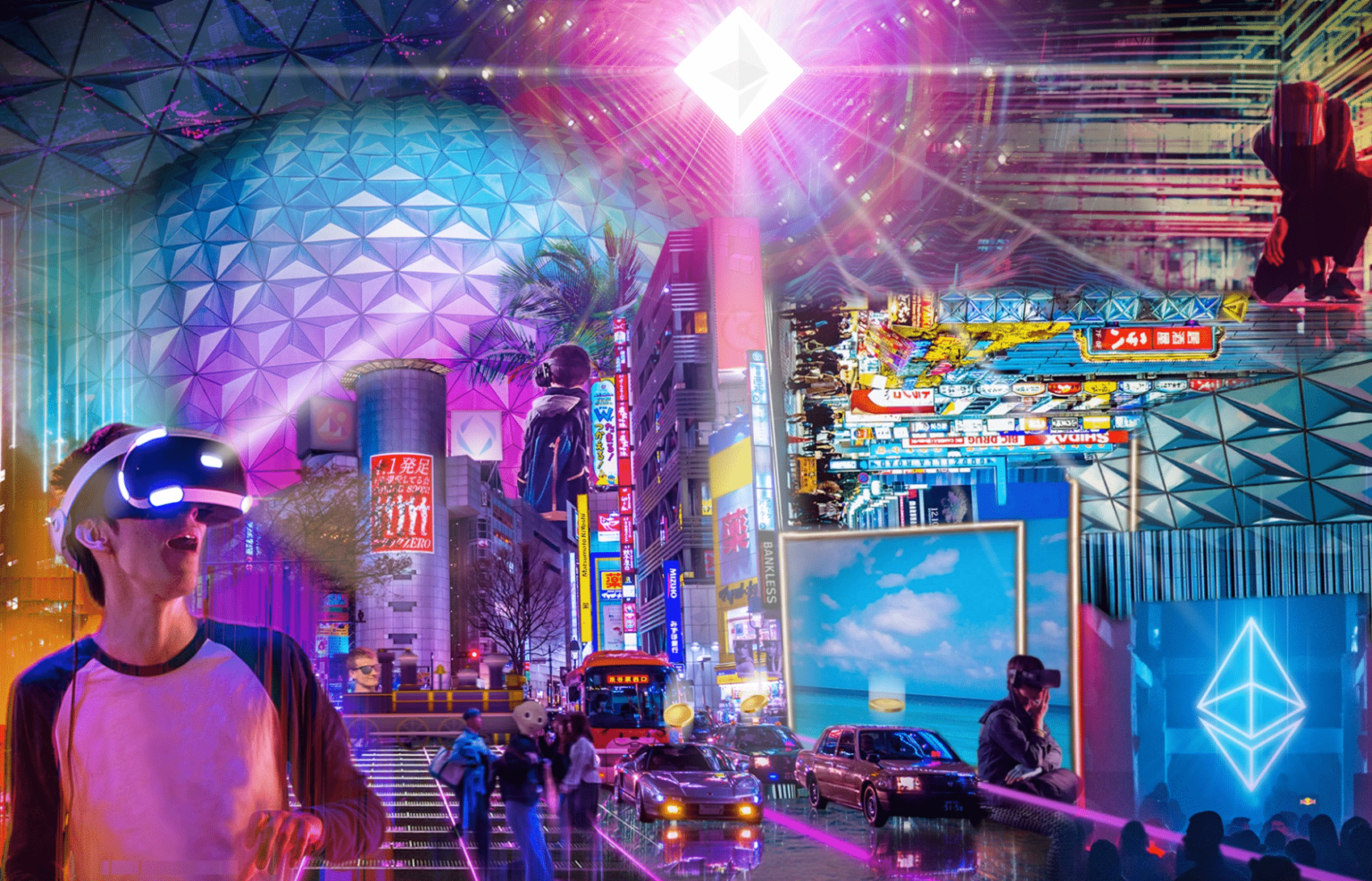The digital economy has been on a trajectory of constant growth since the rise of the industry’s major tech companies. Companies like Google, Facebook, Twitter, and Amazon, have all grown exponentially. But with the prolific rise of these companies and the number of users flocking to their platforms, a corresponding inquisition into the nature of digital ownership has ensued.
This is where NFTs come in. NFTs are changing the way that companies handle ownership on their platforms. Cryptocurrencies and NFTs enable direct ownership over digital assets such as video, music, and content.
Consumers are realizing this and are beginning to demand that companies address their privacy and ownership models. With the help of NFTs, the meta economy will be shaped by consumers, not companies.
The Meta Economy
What exactly is the meta economy? Answers may vary, but it’s useful to use a broad definition here. It’s a digital economy based on the creation and sale of digital assets and the services around them. It’s useful to employ an example to illustrate the definition.
One example of NFTs is digital clothing worn by people’s metaverse avatars. But it’s also the artists who create that digital clothing (NFTs), the marketplaces on which they’re sold, and the developers to build the virtual worlds in which they’re worn. This is just like how the automotive industry is made up of not just the cars and their use, but the materials they’re made of, the factories in which they’re built, and the people that put them together.
NFTs can also represent ownership over content like a podcast or music. Instead of the record label taking the lion’s share of profits and royalties, these parameters are able to be set by the creators and producers. In other words, NFTs are giving more freedom back to creators to decide how the fruits of their labor are distributed. The meta economy is therefore made up of more collaborative communities, and less hegemonic entities.
Meta Employment
With the rise of new facets of the meta economy comes new employment opportunities. NFTs already have built-in money making possibilities such as automatic royalties. Creators can directly obtain a portion of all future sales when their work is sold.
Additionally, the rise in consumer demand for digital assets prompts companies and individuals to invest more in the skills and tools required to build and create NFTs. You may have needed to know how to code to create an NFT in 2017, but this is no longer the case. Certain tools, such as those offered by Mozverse, may help lower the barrier to enter the meta economy by simplifying the process of creating, marketing, and selling (or re-selling) digital assets.
Robots and digitization of processes in physical reality are replacing people in the workplace. There is a strong argument to be made that people’s productive output will naturally flow to the metaverse.
As is the case in the Philippines, people will be able to make more money playing NFT games than sewing shoes together at a Nike factory. Companies like Amazon are already exploring ways of replacing humans on their factory floors. People can preempt this change by exploring ways of making an income online.
A Redefinition of Ownership
The current paradigm of ownership on which tech giants are operating is outdated. NFTs are playing a crucial role in redefining how people think about their data and online identities. Web3 is about owning your data and digital assets.
Every interaction and piece of content you make online is monetizable. So why isn’t the consumer seeing any of the value accrue to their bank accounts? The financial pipelines simply weren’t designed to support this way of thinking. This is what Web3, cryptocurrencies, and NFTs more specifically are in the process of changing.
It starts with NFTs enabling easier ways for the consumer to own their content and data. It ends with NFTs being at the center of the meta economy.
The Role NFTs will play
NFTs are giving consumers the power they need to demand changes in the economy. Where the consumers go, the companies will follow. So if people leave their jobs to earn, make, and trade NFTs, then this will only prompt companies to digitize faster.
There is a two-fold effect here. Companies will employ robots and automated processes in place of humans, but they will also enter the NFT market with their own offering. We are already seeing this in sports and fashion brands such as Nike, the UFC, and Gucci. Companies want to stay competitive. In order to do so, they’re going to have to use NFTs.
If a company is new to the metaverse, then they will spend a lot of time and resources on creating a meaningful Web3 presence. From brand positioning to a custom built marketplace, Mozverse’s goal is to provide an end-to-end Web3 development experience.
Team Behind Mozverse
Mozverse was founded and named by Danny Mozlin, an entrepreneur with his hands in a number of technology sectors. Danny combines his experience with Augmented and Virtual Reality, and blockchain to fill a gap in emerging industries around the metaverse. Zach Hirsch (co-founder) and a team of more than 20 designers, developers, and engineers make Mozverse come to life.

